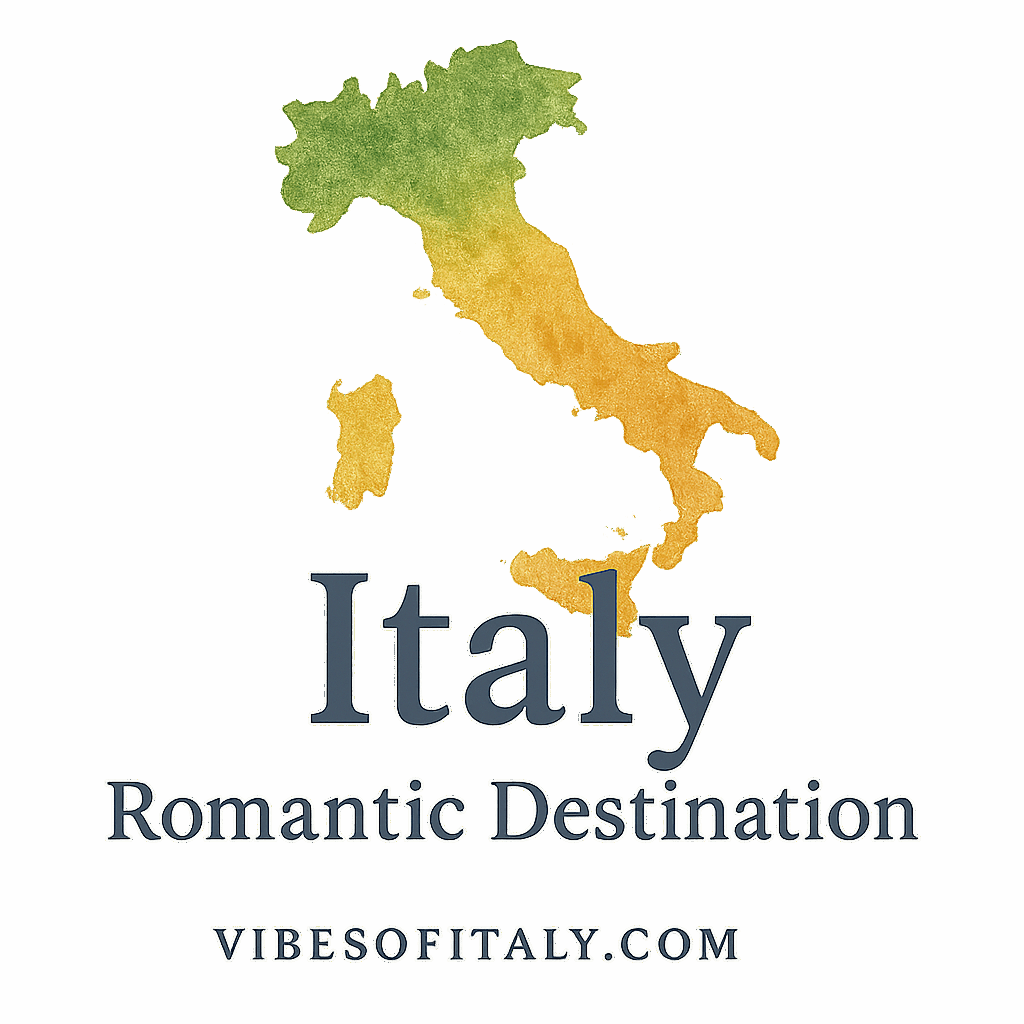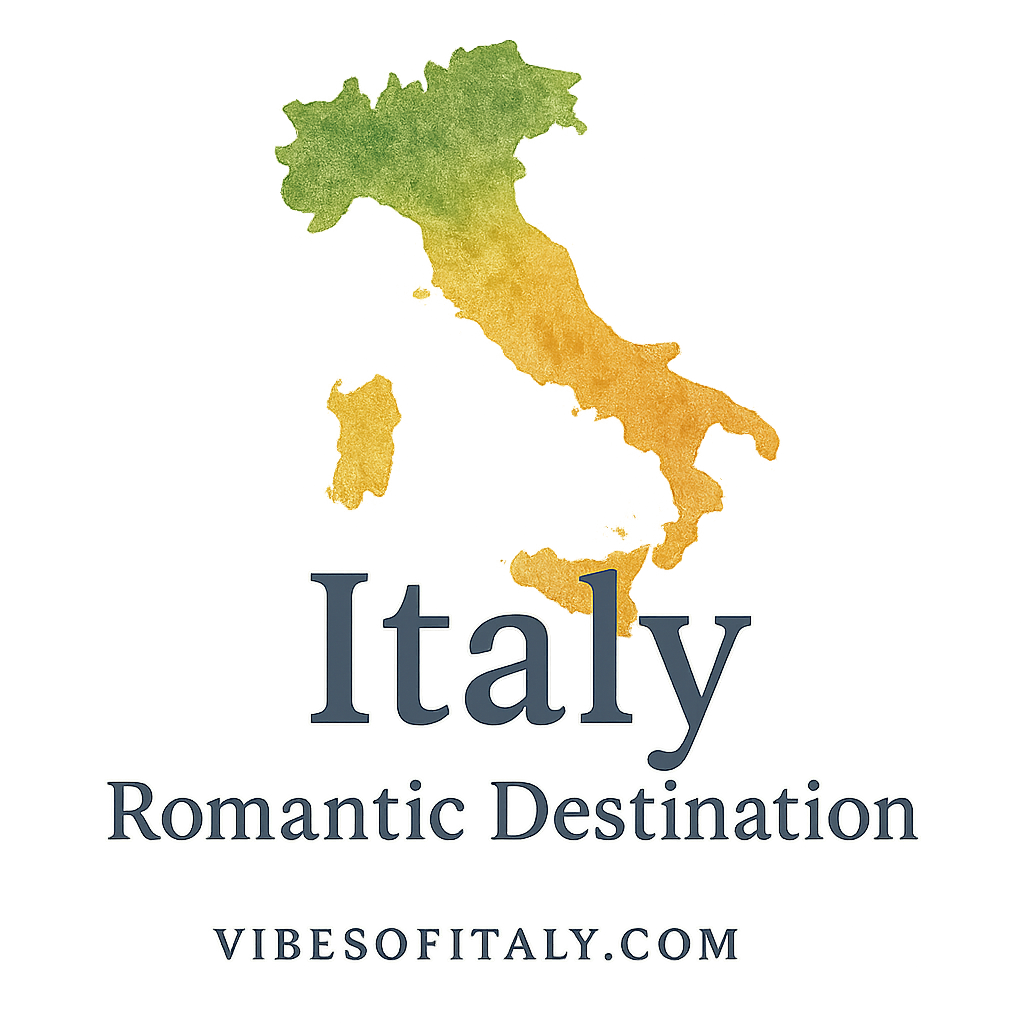Introduction: Italy’s Eternal Love Affair with Wine
Italy and wine go hand in hand like lovers in a timeless romance. From north to south, every region carries centuries-old stories of vineyards, monks, merchants, and emperors who cherished the grape. When you explore historical wine experiences in Italy, you’re not just sipping a glass—you’re tasting ancient traditions that shaped culture, cuisine, and daily life.
If you’ve ever dreamed of stepping back in time, following the path of Romans, Phoenicians, or monks, this journey through Italy’s wine history will give you a deeper appreciation for every sip.
Why Historical Wine Experiences Matter
Connecting the Past and Present
Wine isn’t just a drink—it’s a living connection to the past. Each vineyard holds traces of the civilizations that cultivated grapes long before us. Visiting these places feels like traveling through time while enjoying the best of today’s winemaking craft.
How Wine Shaped Italian Culture
From Roman feasts to medieval monasteries, wine has always been at the heart of Italian society. It influenced religion, trade, art, and even architecture. That’s why exploring historical wine experiences in Italy is as enriching as visiting museums or cathedrals.
1. The Roman Legacy of Wine in Lazio
Ancient Amphorae and Cellars
Rome wasn’t built in a day, but its wine industry surely helped fuel the empire. The Lazio region is filled with remnants of Roman vineyards and cellars. Archaeologists have uncovered amphorae (ancient clay jars) used to store wine, showing how central it was to Roman life.
Modern Tours Inspired by Roman Winemaking
Today, wine lovers can visit estates in Lazio that replicate Roman fermentation methods. Imagine sipping a glass of wine produced using techniques from 2,000 years ago—an experience that connects you directly to history.
2. Etruscan Wine Caves in Tuscany
Underground Labyrinths of Wine
Long before the Romans, the Etruscans carved mysterious caves into the Tuscan hills. These caves weren’t just tombs—they also stored wine. The cool underground environment kept the wine fresh, and some of these caves are still in use today.
Tasting the Oldest Traditions
Tuscany is a dream for wine lovers, but exploring it through the Etruscan lens adds another layer. Picture yourself in an ancient cave, glass in hand, savoring wine where civilizations once gathered.
3. Venice and the Serenissima’s Wine Trade
Maritime Routes and Exotic Grapes
Venice, the powerful maritime republic, controlled trade routes that brought exotic grapes and wine influences from across the Mediterranean. This blend enriched the Venetian palate and expanded Italy’s wine culture.
Experiencing Venetian Wine Today
Today, travelers can taste wines from the Venetian lagoon and nearby vineyards while learning how trade shaped Venice’s prosperity. A gondola ride paired with local wine feels like a history lesson in motion.

4. Sicily’s Phoenician Wine Heritage
Marsala and Ancient Amphora Techniques
Sicily has always been a crossroads of civilizations, and the Phoenicians introduced winemaking here long before the Romans. Marsala wine still carries traces of those techniques, aged in barrels inspired by amphora storage.
Volcano Vineyards at Mount Etna
At the foot of Mount Etna, vineyards grow in volcanic soil, giving wines unique flavors. Some estates preserve winemaking traditions that date back thousands of years, blending history with volcanic energy.
5. Piedmont’s Medieval Wine Castles
Monasteries and Noble Estates
In Piedmont, wine was once the pride of noble families and monastic communities. Castles and abbeys in the region served as both defensive strongholds and centers of wine production.
The UNESCO Vineyards of Langhe
Today, the Langhe region is a UNESCO World Heritage site. Walking through its rolling vineyards feels like entering a medieval painting—except this one comes with a tasting of Barolo or Barbaresco.
6. Umbria’s Saintly Wines
Monks, Wine, and Spiritual Rituals
Umbria, the green heart of Italy, has deep connections between wine and spirituality. Monks preserved viticulture during the Middle Ages, producing wine for both rituals and daily nourishment.
Sagrantino di Montefalco’s Legacy
The town of Montefalco is famous for Sagrantino wine, a bold red with ancient origins. Tasting it is like experiencing the soul of Umbria, where faith and wine traditions intertwine.
7. Campania and Falernian Wine
The Drink of Roman Emperors
Falernian wine was the toast of ancient Rome. Grown in Campania, it was considered the most prestigious wine of its time—served at lavish banquets and praised by poets.
Rediscovering Ancient Grapes
Modern winemakers in Campania are reviving ancient grape varieties like Falanghina and Aglianico, offering travelers a sip of what emperors once enjoyed.
8. Sardinia’s Nuragic Wine Secrets
Bronze Age Grapes and Legends
Sardinia’s Nuragic civilization (dating back to the Bronze Age) left mysterious stone towers and traces of early grape cultivation. The island’s wine history may be one of the oldest in Europe.
Cannonau and Longevity
Sardinia is famous for Cannonau wine, linked to the islanders’ remarkable longevity. Some believe the ancient roots of this grape contribute to its health benefits, making it both historic and life-enhancing.
9. Lombardy’s Renaissance Wine Influence
Leonardo da Vinci’s Vineyard in Milan
Even Leonardo da Vinci couldn’t resist wine. He cultivated his own vineyard in Milan during the Renaissance, right next to the Santa Maria delle Grazie convent where he painted The Last Supper.
Visiting Da Vinci’s Restored Vineyard
Today, visitors can walk through Leonardo’s vineyard, restored to its Renaissance glory, and taste wines inspired by his passion for viticulture.
10. Apulia’s Ancient Greek Wine Heritage
Magna Graecia and Vines
Apulia, the heel of Italy’s boot, was heavily influenced by ancient Greek settlers who introduced new grape varieties. The region’s wine history is deeply tied to Magna Graecia.
Primitivo’s Historical Roots
One of Apulia’s stars, Primitivo, has origins that stretch back centuries. This powerful red wine offers a taste of Apulia’s rich Greek-Italian fusion heritage.
11. Trentino-Alto Adige’s Alpine Wine Traditions
Celts, Romans, and Alpine Terroir
This northern region saw Celts and Romans cultivating vineyards along mountain slopes. Its high-altitude terroir gave birth to unique flavors and grape varieties that thrive in alpine climates.
Mountain Wines for Modern Travelers
Today, visitors can enjoy fresh, crisp mountain wines while exploring castles and alpine landscapes. It’s a mix of nature, history, and viticulture at its finest.
How to Explore Historical Wine Experiences in Italy
Wine Tours and Festivals
Italy is full of wine festivals celebrating ancient traditions. From medieval reenactments to vineyard walks, these events let you taste history while enjoying Italian hospitality.
Pairing Wine with Italian Travel Itineraries
For the ultimate trip, combine wine tours with cultural experiences. Explore romantic cities in Italy, Italian coastal escapes, or even design Italy honeymoon itineraries that blend history, romance, and wine.
Don’t forget to browse unique romantic experiences and explore authentic food and wine journeys.
Conclusion: A Timeless Journey Through Italian Wine
Italy’s wine history is like a living museum, where every vineyard tells a story and every glass is a time capsule. From Etruscan caves to Renaissance vineyards, these 11 historical wine experiences show that wine is more than just a drink—it’s part of Italy’s soul.
So next time you raise a glass in Italy, remember: you’re not just drinking wine, you’re sharing a ritual with emperors, monks, merchants, and artists who came before you.
FAQs
1. What is the oldest wine tradition in Italy?
The Etruscan wine caves in Tuscany are among the oldest, dating back before Roman times.
2. Can I still taste wines made with ancient methods?
Yes! Regions like Lazio and Sicily still produce wines using amphora techniques inspired by the ancients.
3. Which Italian wine was most famous in Roman times?
Falernian wine from Campania was the most celebrated and luxurious wine of ancient Rome.
4. Are there wine festivals focused on history?
Absolutely. Many towns host medieval wine festivals where traditions are reenacted with tastings.
5. Is Cannonau really linked to longevity in Sardinia?
Yes, studies suggest Sardinians’ long lives may be connected to their diet, which includes Cannonau wine.
6. Can I visit Leonardo da Vinci’s vineyard?
Yes, in Milan you can tour his restored vineyard and taste wines inspired by his work.
7. What’s the best way to plan a historical wine trip in Italy?
Combine vineyard tours with cultural and romantic experiences—check out Vibes of Italy for itineraries and inspiration.


